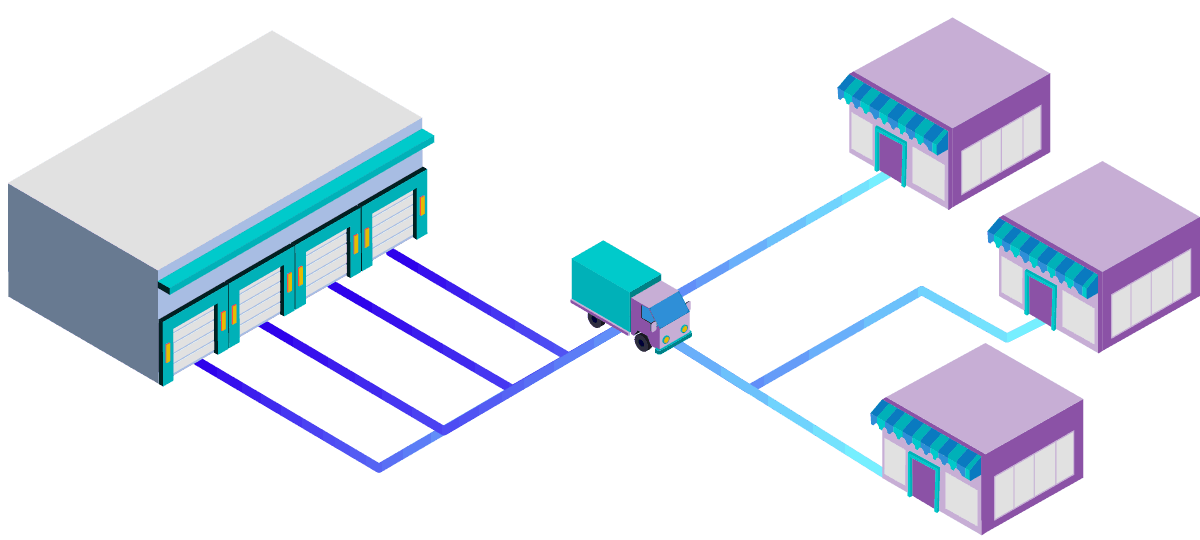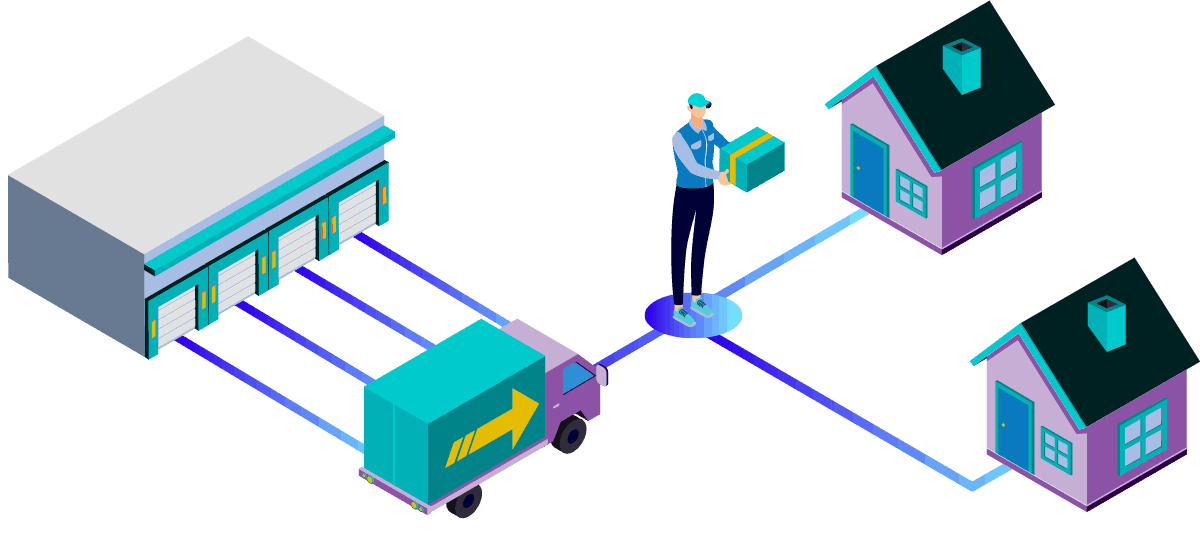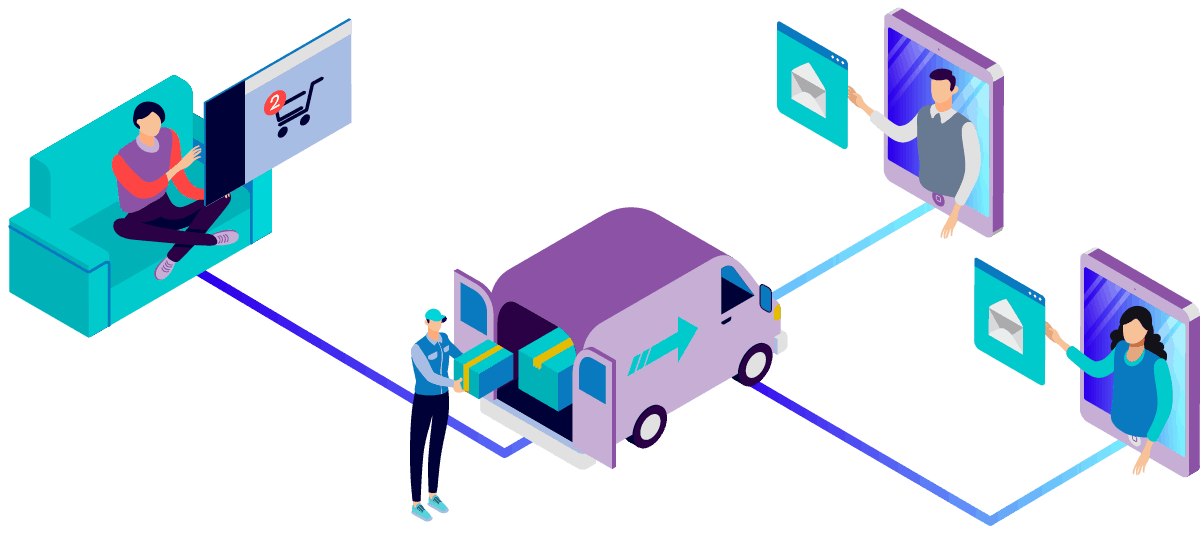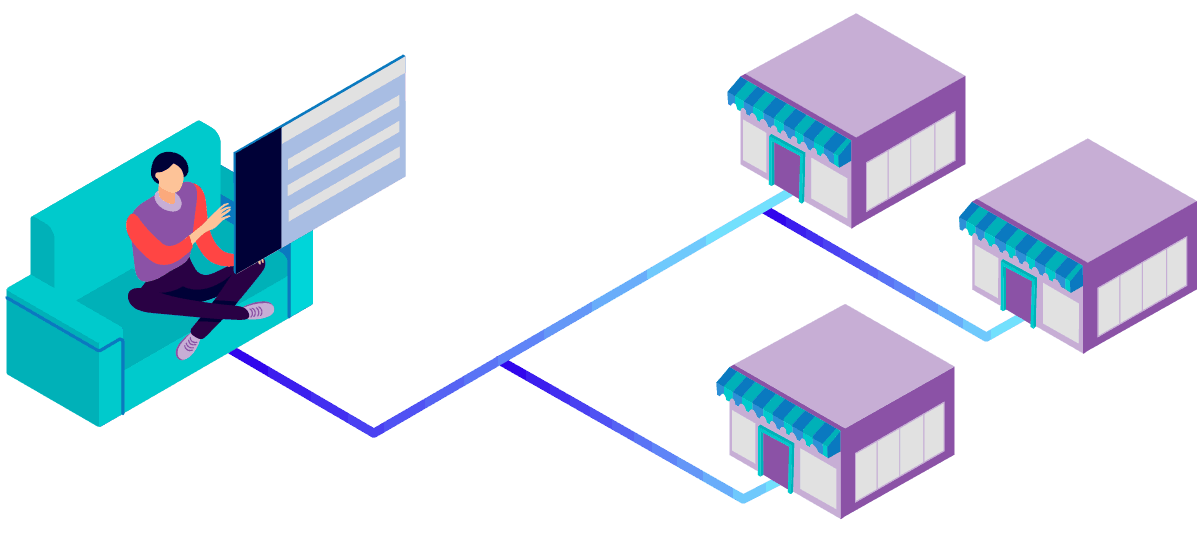E-COMMERCE BUSINESS MODELS
B2B Ecommerce
A B2B model focuses on providing products from one business to another. While many ecommerce businesses in this niche are service providers, you’ll find software companies, office furniture and supply companies, document hosting companies, and numerous other ecommerce business models under this heading.

These businesses have custom, enterprise ecommerce platforms that work directly with other businesses in a closed environment. A B2B ecommerce business typically requires more startup cash.
B2C Ecommerce
The B2C sector is what most people think of when they imagine an ecommerce business. This is the deepest ecommerce market, and many of the names you’ll see here are known quantities offline, too. B2C sales are the traditional retail model, where a business sells to individuals, but business is conducted online as opposed to in a physical store.

C2C Ecommerce
B2B and B2C are fairly intuitive concepts for most of us, but the idea of C2C is different. What does a consumer-to-consumer ecommerce business look like?

Created by the rise of the ecommerce sector and growing consumer confidence in online sales, these sites allow customers to trade, buy, and sell items in exchange for a small commission paid to the site. Opening a C2C site takes careful planning.
Despite the obvious success of platforms like eBay and Craigslist, numerous other auction and classified sites (the main arenas for C2C) have opened and quickly closed due to unsustainable models.
C2B Ecommerce
C2B is another model most people don’t immediately think of, but that is growing in prevalence. This type of online commerce business is when the consumer sells goods or services to businesses, and is roughly equivalent to a sole proprietorship serving a larger business.
